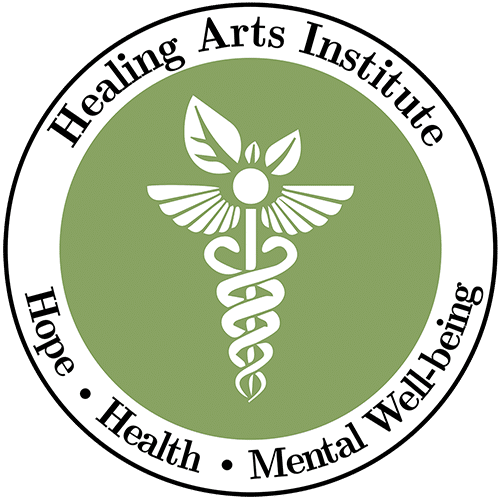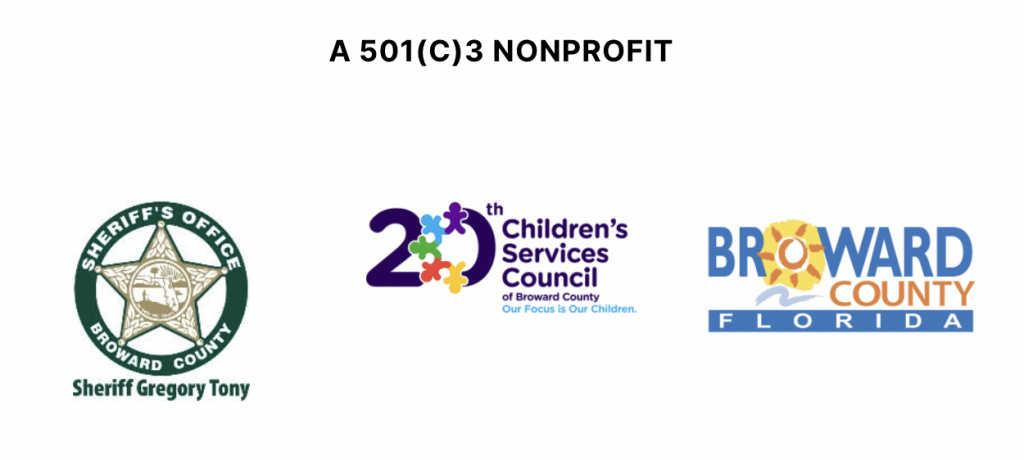
Author: David Davenport – Contributing Writer for Healing Arts Institute
What do you believe in? Do you believe in a cause, a higher purpose, or maybe a better future?
As a child, you may have believed in Santa Clause, the idea that someone will come out of nowhere to bring you everything you ever wanted. As we grow up, those beliefs tend to subside in favor of more realistic expectations (hopefully)!
The idea of hope and belief is not something to dismiss, however. There is actual power and benefit in genuinely believing that you can be a happier, fulfilled, and better person.
I’m sure by now you have read about the Law of Attraction. This philosophy is based on the idea that you can have anything you want from life. You simply achieve this by believing that those desires are already waiting for you to bring them into existence.
Surprisingly, there appears to be an underlying truth to it. When you look at what the Law of Attraction is really about, it seems to be rooted deeply in psychology rather than metaphysics.
It all begins with understanding two very distinct and opposing cognitions, the fixed mindset, and the growth mindset.
Most of us are trapped in the mentality that where we are and what we have at this very moment is what defines us. We focus on our job titles, our performance reports, the never-ending management of day-to-day details. We seek constant reward and external validation for our efforts and maintain routines without ever living up to our potential. This is the mentality of NOW.
What about the mentality of COULD BE? Are you able to face a little bit of temporary difficulty or discomfort to be who you are really meant to be? Of course, you are. You just may not be aware of it yet.
The Fixed Mindset
People with a fixed mindset are likely to avoid difficulties and challenges in life. After all, challenges tend to be uncomfortable. We’re taught from a very young age to go-along to get-along. Don’t rock the boat.
The problem with this mentality is that when faced with a challenge the first association is fear. We avoid it. This buildup of anxiety leads to an increased probability of failure. Afterward, we are left to cope with feelings of disappointment and ineptitude. Not good.
So how do we react? We make excuses, try to find others that performed worse than we did to feel better about ourselves. We tell ourselves that next time we would rather resort to dishonest methods of success rather than risk another failure.
That sounds like a miserable way to live life, but there is a better way.
The Growth Mindset
People with a growth mindset are also anxious about facing difficulties and challenges, but they welcome the opportunity to tackle them. Their relationship with failure is much different. Failure is seen as an opportunity for a course correction rather than a repudiation of self-worth. The growth mindset will engage deeply with difficulty as using it as an opportunity to learn something new.
So how does the power of belief relate to a growth mindset?
Our beliefs influence our thoughts, and those thoughts determine our actions. There is no separation.
It is impossible to hold a belief that we are not able to accomplish something and simultaneously be successful in the actions needed to achieve it.
To manifest what we want from life, we MUST believe that we can accomplish whatever we set our minds to. By holding the proper beliefs about what we can achieve, we will necessarily begin to take the actions required to manifest what we want.
This is not an easy task. It can take a lot of work to reverse a lifetime of negative thoughts. By changing our thought patterns, we are making physical changes in the brain over time. We are forming new neural connections that will help us to see the world differently, confidently take the actions that we need to take, and manifest whatever we want out of life.
It’s not magic, just amazingly powerful psychology.
Citations:
Shaffer, Joyce (26 July 2016). “Neuroplasticity and Clinical Practice: Building Brain Power for Health”. Frontiers in Psychology.
LeDoux JE (2002). “Synaptic self: how our brains become who we are”. New York, United States: Viking.
Dwek, C. [Carol Dwek]. (2014, December 17). The Power of Believing That You Can Improve. Retrieved from http://YouTube.com


No responses yet